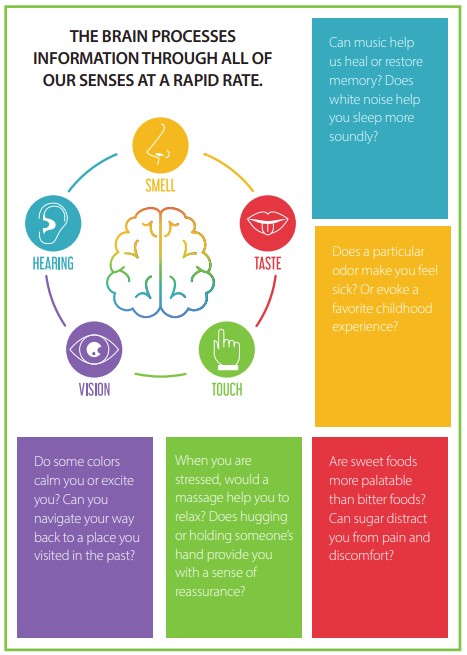Think of hearing as a partnership between your ears and your brain. When you are engaged in conversation, it is your brain that processes the incoming sound from your ears which is interpreted as meaningful speech. We truly hear with our brain and our ears are the vehicle that gives our brain the information we need to do the job of listening and interpreting complex sounds into meaningful conversation.
When you have hearing loss, the speech signals coming to our brain are degraded, so your brain must work harder to process and understand conversation. When your brain resources are used for understanding speech, other brain tasks such as memory and comprehension become compromised. This is called cognitive load. When you lose hearing ability over time, your brain will stop recognizing crucial sounds needed for understanding speech. This can lead to tinnitus, increased cognitive fatigue, depression, anxiety in social situations, memory loss, and even cardiovascular disease.
Hearing loss is the third most chronic health condition in the United States following arthritis and heart disease. Everyone should have their hearing checked by the age of 60 to establish a baseline measurement. Risk factors for hearing loss include diabetes, noise, genetics, medications. Many organizations offer free hearing and tinnitus screening either in person or online and it only takes a few minutes. Early intervention is always the best course of action.

